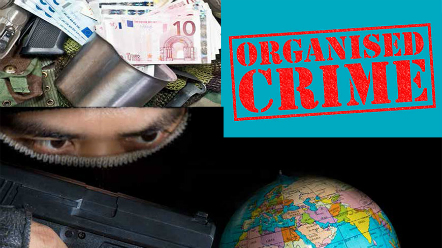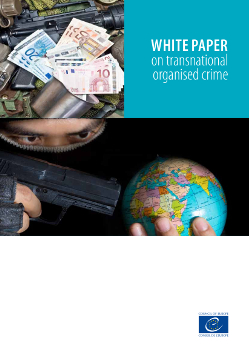Senior experts and policy makers from all Council of Europe member States and several international organisations met in Malaga to share best practices and develop strategies to improve law enforcement co-operation.
In particular, they focused on the cross-border nature of new threats and on how to tackle the complex ways terrorism and organised criminality feed each other.
The use of modern special investigative techniques, the cybercrime dimension, countering the abuse of Internet and the potential radicalization in prisons, analysing the financial flows were high on the agenda of the conference.
The participants underlined the importance of ensuring a high degree of specialisation among the competent actors and a closer co-operation between the Council of Europe and the private sector.
The ratification of the Second Additional protocol to the 1959 Mutual Legal Assistance Convention was also defined as important in order to ease cross-border cooperation, in particular by broadening the range of situations in which mutual assistance may be requested and better implemented by making more use of the Joint Investigation Teams (JITs).
The Conference was organised by The Criminal Law and Counter-Terrorism Divisions of the Council of Europe, in co-operation with the City Hall and the University of Malaga and took place in Malaga, Spain, on 21 and 22 of September 2017.
Representatives from Algeria and Morocco, participating in the Neighbourhood Partnership with the Council of Europe, in the framework of the South Programme II, also participated in the Conference.






